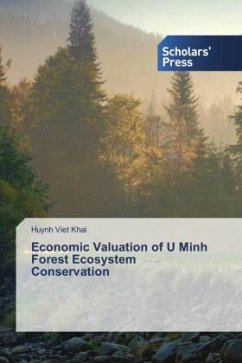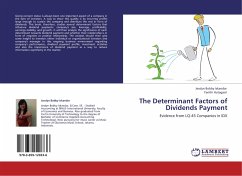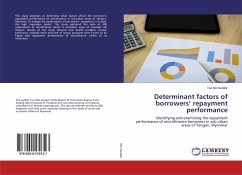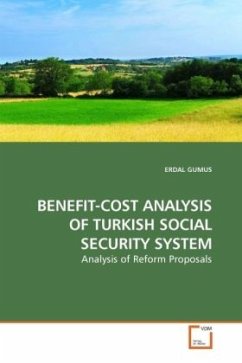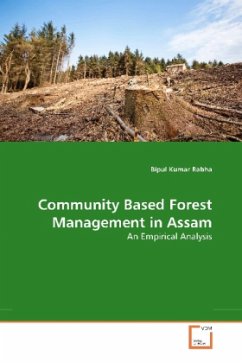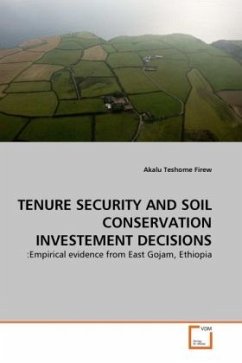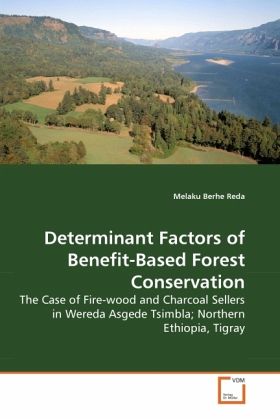
Determinant Factors of Benefit-Based Forest Conservation
The Case of Fire-wood and Charcoal Sellers in Wereda Asgede Tsimbla; Northern Ethiopia, Tigray
Versandkostenfrei!
Versandfertig in 6-10 Tagen
32,99 €
inkl. MwSt.

PAYBACK Punkte
16 °P sammeln!
In Ethiopia, Particularly in the Tigray Regional State, deforestation has threatened the remnant forest patches for many years. In order to curb this problem, local people involving in conserving forest resources and providing them with benefits from the forest is deemed to be an effective strategy for conservation. The reason is that benefit-based forest conservation, especially, tree plantation and making hill side chekdams in the forest is believed to bring about resource use management sustainably. The survey study has been, therefore, carried out to identify the factors that influence for...
In Ethiopia, Particularly in the Tigray Regional State, deforestation has threatened the remnant forest patches for many years. In order to curb this problem, local people involving in conserving forest resources and providing them with benefits from the forest is deemed to be an effective strategy for conservation. The reason is that benefit-based forest conservation, especially, tree plantation and making hill side chekdams in the forest is believed to bring about resource use management sustainably. The survey study has been, therefore, carried out to identify the factors that influence forest users' participation in both hillside terracing and tree planting (conservation). Thus, this book is written to address the role of fire-wood and charcoal sellers in coservation in terms of tree plantation and hill side terracing in the forest. Apart from this, the major deterministic factors are identified, thereafter; prominent policy interventions would be plausible.



